

Articles
Why Is My Gas Fireplace Beeping
Modified: May 6, 2024
Discover articles on why your gas fireplace is beeping and find helpful solutions to resolve the issue.
(Many of the links in this article redirect to a specific reviewed product. Your purchase of these products through affiliate links helps to generate commission for Storables.com, at no extra cost. Learn more)
Introduction
Gas fireplaces have become a popular choice for homeowners seeking both warmth and ambiance in their living spaces. These modern marvels offer convenience and comfort, allowing users to create a cozy atmosphere at the flick of a switch. However, just like any other appliance, gas fireplaces can sometimes experience issues that require troubleshooting.
One common concern that homeowners may encounter is a beeping sound coming from their gas fireplace. This unexpected noise can be both frustrating and concerning, prompting individuals to seek answers and solutions. In this article, we will explore the common causes of beeping in gas fireplaces and provide some troubleshooting tips to help you resolve the issue.
Whether you have a wall-mounted gas fireplace, a freestanding stove, or an insert, the information presented here will apply to most gas fireplace models. It’s important to note that, while this article provides some general insights, it is always best to consult the manufacturer’s instructions and guidelines specific to your fireplace.
So, if you’ve ever wondered why your gas fireplace is beeping, keep reading to discover some potential causes and ways to address the issue. By understanding the source of the beeping, you can take the necessary steps to ensure your fireplace remains in optimal condition, bringing warmth and comfort to your home for years to come.
Key Takeaways:
- Gas fireplaces may beep due to ignition system malfunctions, low remote control batteries, faulty carbon monoxide detectors, gas leaks, or electronic issues. Prioritize safety and consult a professional for complex problems.
- Troubleshoot minor issues like loose connections, dirty components, and low batteries before seeking professional help. Safety is paramount, especially in cases of gas leaks or carbon monoxide concerns.
Read more: Why Does My Gas Fireplace Smell Like Gas
Common Causes of Beeping in Gas Fireplaces
If your gas fireplace is emitting a beeping sound, there are several potential causes to consider. Here are some of the most common culprits:
1. Malfunctioning Ignition System: The ignition system is responsible for starting the fire in your gas fireplace. If it is not functioning properly, it may emit a beeping sound as a warning sign. This could be due to a faulty igniter or a blockage in the gas line. Checking the ignition system for any visible issues and ensuring proper gas flow can help diagnose and resolve this problem.
2. Low Battery in Remote Control: Many gas fireplaces come with remote controls for convenient operation. If the remote control is beeping, it may be a sign that the battery is running low. Replace the battery and see if the beeping stops. Keep in mind that some fireplaces have both a remote control and a control panel on the unit itself, so check both for any low battery indicators.
3. Faulty Carbon Monoxide Detector: Gas fireplaces often come equipped with carbon monoxide detectors as a safety feature. If your fireplace is beeping intermittently, it could indicate a problem with the detector or the presence of carbon monoxide. In this case, it is crucial to evacuate the area immediately and contact emergency services. Carbon monoxide is a dangerous gas that can be fatal if inhaled in high concentrations.
4. Gas Leak or Blockage: A beeping sound in your gas fireplace could be an indication of a gas leak or blockage in the system. Gas leaks are extremely hazardous and should be taken seriously. If you suspect a gas leak, do not attempt to fix it yourself. Instead, turn off the gas supply, open windows for ventilation, and contact a qualified gas technician to inspect and repair the issue.
5. Electronic Malfunction: Like any electronic device, gas fireplaces can experience malfunctions that lead to beeping noises. Over time, components may degrade or fail, causing the fireplace to emit warning signals. If you suspect an electronic malfunction, it is best to contact a professional technician who specializes in gas fireplace repair.
Remember, troubleshooting and diagnosing the exact cause of the beeping sound can be challenging if you are not familiar with gas fireplace systems. If you are unsure or uncomfortable with any DIY troubleshooting, it is always advisable to consult a qualified professional to avoid any potential risks or further damage to your fireplace.
In the next section, we will provide some troubleshooting tips that may help resolve the beeping issue before seeking professional assistance.
Malfunctioning Ignition System
One of the common causes of a beeping gas fireplace is a malfunctioning ignition system. The ignition system is responsible for starting the fire and ensuring a steady flame in your gas fireplace. If there is an issue with the ignition system, it can trigger the beeping sound.
There are a few possible reasons for a malfunctioning ignition system:
1. Igniter Failure: The igniter is a small component that generates the spark needed to ignite the gas. Over time, the igniter can wear out and become less effective. If the igniter fails to produce a spark or the spark is weak, it may result in the beeping sound. In this case, you may need to replace the igniter to resolve the issue.
2. Gas Line Blockage: A blockage in the gas line can prevent the gas from reaching the igniter, leading to a malfunction. This can happen due to debris or buildup in the gas line, obstructing the flow of gas. If you suspect a blockage, it is essential to turn off the gas supply and contact a professional to inspect and clear the line.
3. Gas Valve Issues: The gas valve controls the flow of gas in your fireplace. If the gas valve is faulty or not functioning correctly, it can impact the ignition system’s performance, causing the beeping sound. Inspecting the gas valve for any visible damage or signs of malfunction is recommended. If you notice any issues, such as a loose connection or a damaged valve, it’s best to consult a professional technician to repair or replace the gas valve.
Troubleshooting the ignition system can be challenging, especially if you are not familiar with gas fireplace components. However, there are a few steps you can take to diagnose and potentially fix the issue before seeking professional help:
1. Check for visible signs of damage or blockage in the ignition system, such as loose wires, broken components, or debris.
2. Ensure that the gas supply valve is turned on and the gas line is not obstructed.
3. Clean the igniter gently using a soft brush or cloth to remove any dirt or residue that may be affecting its performance.
4. Test the ignition system by turning on the fireplace and observing if the spark ignites the gas properly. If there is no spark or it is weak, it may indicate a problem with the igniter.
If these troubleshooting steps do not resolve the issue or if you are unsure about performing them yourself, it is always recommended to seek the assistance of a qualified technician. They have the expertise and knowledge to diagnose and repair any issues with your gas fireplace’s ignition system, ensuring its safe and efficient operation.
Low Battery in Remote Control
If your gas fireplace has a remote control for operation, a beeping sound could be an indication that the battery in the remote control is running low. Remote controls make it convenient to adjust the settings and turn the fireplace on or off from a distance. However, when the battery power is low, the remote control may emit a beeping sound to alert you that it needs to be replaced.
To address this issue, follow these steps:
1. Locate the battery compartment on the back of the remote control. It is typically secured with a screw or latch.
2. Open the battery compartment and remove the old batteries.
3. Check the battery type required for your remote control and ensure you have the correct replacements.
4. Insert the new batteries into the compartment, following the correct polarity (+/-) indicated inside.
5. Secure the battery compartment, making sure it is properly closed to maintain a connection.
6. Test the remote control by pressing the buttons to see if the beeping sound has stopped.
If the beeping persists after replacing the batteries, there may be an issue with the remote control itself. In this case, try resetting the remote control by removing the batteries and pressing all the buttons for a few seconds. Then, reinsert the batteries and test its functionality again. If the beeping continues, the remote control may require further troubleshooting or replacement.
It’s essential to remember that some gas fireplaces have both a remote control and a control panel on the unit itself. If you have replaced the batteries in the remote control, but it still beeps, check the control panel on the fireplace to see if there is a low battery indicator. If so, follow the manufacturer’s instructions to replace the batteries in the control panel as well.
By ensuring your remote control has fresh batteries, you can operate your gas fireplace smoothly and eliminate the beeping sound. However, if the beeping persists even after replacing the batteries in both the remote control and the control panel, it is recommended to consult the manufacturer or a professional technician for further assistance. They can help diagnose and address any underlying issues with the remote control or the fireplace’s electronic components.
Faulty Carbon Monoxide Detector
Gas fireplaces often come with built-in carbon monoxide detectors as a safety feature. These detectors are designed to monitor the levels of carbon monoxide (CO) gas, which can be emitted during the combustion process. If the carbon monoxide levels become dangerously high, the detector will sound an alarm, typically a series of beeps, to alert you of the potential danger.
However, there are instances when the carbon monoxide detector itself may malfunction and emit a continuous beeping sound. This can be a cause for concern and should be addressed promptly to ensure the safety of you and your family.
Here are some steps you can take to troubleshoot and address a faulty carbon monoxide detector:
1. Check the Battery: Many carbon monoxide detectors operate on batteries. Start by inspecting the detector and ensuring that the battery is securely in place and functioning correctly. Replace the battery with a fresh one to see if the beeping stops. It is recommended to use high-quality batteries and replace them annually or as instructed by the manufacturer.
2. Reset the Detector: If replacing the battery does not stop the beeping, try resetting the carbon monoxide detector. Look for a reset button on the detector itself and hold it down for a few seconds. This action should reset the device and might resolve any temporary glitches causing the continuous beeping.
3. Test the Detector: After resetting or replacing the battery, perform a test on the carbon monoxide detector. Most detectors have a test button that can be pressed to activate the alarm. If the alarm sounds as expected during the test, it indicates that the detector is functioning correctly. However, if the beeping persists or the detector does not sound during the test, it is likely a faulty detector that will need to be replaced.
4. Contact the Manufacturer: If you have followed the troubleshooting steps above and the beeping continues, it is advisable to reach out to the manufacturer for further assistance. They can provide guidance specific to your carbon monoxide detector model and may offer troubleshooting tips or recommend a replacement if necessary.
It is important to note that carbon monoxide is a highly dangerous gas that can be detrimental to your health and even fatal in high concentrations. If you suspect a carbon monoxide leak or if you and your family are experiencing symptoms such as headaches, dizziness, nausea, or confusion, it is crucial to evacuate the premises immediately and contact emergency services.
Regular maintenance and inspection of your gas fireplace and carbon monoxide detector are essential to ensure their proper functioning. This includes following the manufacturer’s guidelines, scheduling annual professional inspections, and replacing batteries as needed. Taking these precautions will help keep your home and loved ones safe from the potential dangers of carbon monoxide.
Check the batteries in your gas fireplace’s remote control and replace them if they are low. Low battery power can cause the fireplace to beep as a warning.
Gas Leak or Blockage
A beeping sound from your gas fireplace could potentially indicate a gas leak or blockage in the system. Gas leaks are serious safety hazards and should be addressed immediately. If you suspect a gas leak, it is important to take the necessary precautions to ensure the safety of yourself and others in your home.
Here are some steps to follow if you suspect a gas leak or blockage:
1. Evacuate the Area: If you smell gas or suspect a leak, evacuate the area immediately. Open windows and doors to allow fresh air to enter and ventilate the space. Do not use any electrical appliances, light switches, or open flames, as these can potentially ignite the gas.
2. Shut Off the Gas Supply: Locate the shut-off valve for your gas fireplace and turn it off. The valve is typically located near the gas line connection or on the gas supply pipe leading to the fireplace. Turn the valve perpendicular to the pipe to shut off the gas flow.
3. Avoid Ignition Sources: While waiting for professional assistance, refrain from using any equipment or appliances that could potentially ignite the gas, such as lighters, matches, or electrical devices. Even a small spark can trigger a fire or explosion.
4. Contact a Professional Technician: Once you and your family are safely outside the premises, contact a qualified professional technician who specializes in gas fireplace repairs. Explain the situation and mention your suspicion of a gas leak or blockage. They will guide you on next steps and can conduct a thorough inspection of your fireplace to identify and resolve the issue.
5. Do Not Attempt Repairs Yourself: Gas fireplace systems are complex, and attempting to fix a gas leak or blockage without proper training and equipment is extremely dangerous. Leave the repairs to professionals who have the expertise and experience to safely handle gas-related issues.
Gas blockages can occur due to debris or obstructions in the gas line. Professional technicians will have the necessary tools and knowledge to identify and clear any blockages in the gas line, restoring proper flow.
It’s crucial to prioritize safety and address gas leaks or blockages promptly. Neglecting or mishandling a gas-related issue can have serious consequences. Regular maintenance and inspections by certified professionals can help prevent leaks and ensure the safe operation of your gas fireplace.
Remember, if you suspect a gas leak, follow the necessary precautions, evacuate the area, shut off the gas supply, and seek professional help immediately. Taking swift action can help protect yourself, your family, and your home from potential harm.
Troubleshooting Tips
If your gas fireplace is beeping, there are some troubleshooting steps you can take before seeking professional assistance. These tips can help you diagnose and potentially resolve the issue, ensuring the proper functioning of your fireplace.
1. Check for Loose Connections: Ensure that all connections to your gas fireplace, including gas supply lines and electrical connections, are secure. Loose connections can cause intermittent beeping or malfunctions. Tighten any loose fittings or connections, being careful not to overtighten.
2. Clean the Fireplace: Dust, dirt, and debris can accumulate in and around the fireplace, affecting its performance. Carefully clean the fireplace, including the burners, pilot light, and vents. Use a soft brush or vacuum cleaner to remove any dust or debris that may be causing the beeping sound.
3. Inspect the Ventilation: Adequate ventilation is crucial for the safe operation of a gas fireplace. Make sure that the ventilation system, including the flue or chimney, is clear and unobstructed. Any blockage can affect proper airflow and trigger the beeping sound. If you notice any blockages, contact a professional to address the issue.
4. Check for Error Codes: Many gas fireplaces have built-in diagnostic systems that display error codes. Consult your fireplace’s user manual to understand the meaning of any error codes that appear on the control panel. Error codes can provide valuable insights into the specific problem causing the beeping sound.
5. Restart the Fireplace: Sometimes, a simple restart can resolve minor issues. Turn off the fireplace, wait for a few minutes, and then turn it back on. This process can help reset the system and clear any temporary glitches that may be causing the beeping.
6. Replace Batteries in Control Panel: If your gas fireplace has a control panel on the unit itself, check if it uses batteries for operation. Replace any old or depleted batteries to ensure the control panel functions correctly. This step is separate from replacing the battery in the remote control, as mentioned earlier.
7. Consult the Manufacturer’s Guide: Review the manufacturer’s guide or user manual specific to your gas fireplace model. It may provide additional troubleshooting tips or specific instructions to address common issues and beeping sounds.
Keep in mind that these troubleshooting tips are general guidelines and may not address all potential causes of beeping in gas fireplaces. If the beeping persists or if you are uncertain about performing any troubleshooting steps yourself, it is always best to consult a qualified professional technician. They have the expertise to diagnose and resolve any issues with your gas fireplace safely.
Remember, safety should always be the top priority when dealing with gas appliances. If you detect a strong gas odor, suspect a leak, or if you and your family are experiencing symptoms such as dizziness, nausea, or headaches, evacuate the premises immediately and contact emergency services. Do not attempt to troubleshoot or repair gas-related issues on your own in these situations.
When to Seek Professional Help
While some troubleshooting steps can help resolve minor issues with your gas fireplace, there are instances when it is necessary to seek professional help. Recognizing when to involve a qualified technician is crucial to ensure the safety and optimal performance of your fireplace. Here are some situations in which professional assistance is recommended:
1. Gas Leaks: If you suspect a gas leak in your gas fireplace, do not attempt to repair it yourself. Gas leaks are hazardous and should be handled by certified professionals who have the necessary equipment and expertise to safely detect and fix the issue. Evacuate the area immediately and contact a professional gas technician or emergency services.
2. Persistent Beeping: If the beeping sound from your gas fireplace persists despite following troubleshooting steps, it’s time to call in a professional. Ongoing beeping could indicate a more complex underlying problem that requires expert diagnosis and repair.
3. Ignition System Issues: If the ignition system of your gas fireplace is malfunctioning, it is best to consult a professional technician. They have the knowledge and experience to inspect and troubleshoot the components, such as the igniter, thermocouple, or gas valve, and can perform necessary repairs or replacements.
4. Carbon Monoxide Concerns: If you suspect a faulty carbon monoxide detector or are experiencing symptoms such as dizziness, headaches, or nausea that could be associated with carbon monoxide exposure, evacuate the area immediately and contact emergency services. They can assess the situation, test for carbon monoxide levels, and guide you on further steps to ensure your safety.
5. Complex Repairs: Gas fireplaces are intricate systems with various components. If you are not familiar with gas fireplace mechanics or lack the necessary expertise, it is advisable to leave complex repairs and troubleshooting to professionals. They can accurately diagnose the problem and perform the necessary repairs or replacements, minimizing the risk of further damage or safety hazards.
6. Manufacturer’s Warranty: If your gas fireplace is still within the warranty period, it is recommended to contact the manufacturer or an authorized service provider for repairs. Attempting DIY repairs or involving third-party technicians may void the warranty, so it’s best to follow the manufacturer’s guidelines.
Overall, it’s important to prioritize your safety and the proper functioning of your gas fireplace. If you are unsure about any troubleshooting steps, have concerns about gas leaks or carbon monoxide, or are dealing with complex issues, contacting a professional technician is the best course of action. They have the expertise and training to address the problem efficiently and safely, ensuring the continued enjoyment of your gas fireplace.
Conclusion
A beeping sound from your gas fireplace can be a cause for concern, but understanding the common causes and troubleshooting techniques can help you address the issue effectively. In this article, we explored the common causes of beeping in gas fireplaces, including a malfunctioning ignition system, low battery in the remote control, faulty carbon monoxide detector, gas leak, or blockage.
By following the troubleshooting tips provided, you can attempt to resolve the beeping issue on your own. However, it is crucial to prioritize safety and know when to seek professional help. Gas leaks, persistent beeping, ignition system problems, carbon monoxide concerns, complex repairs, and warranty coverage are all situations that warrant contacting a qualified technician for assistance.
Remember, gas fireplaces are complex systems that require specialized knowledge and training for troubleshooting and repairs. Professional technicians have the expertise to diagnose and address issues safely, ensuring your fireplace operates optimally and without any safety risks.
Regular maintenance, adherence to manufacturer’s guidelines, and scheduling professional inspections are important for the ongoing performance and safety of your gas fireplace. By taking these precautions, you can minimize the chances of encountering beeping or other issues in the future.
In conclusion, if your gas fireplace is beeping, don’t panic. Take the time to understand the potential causes, follow the troubleshooting tips outlined in this article, and know when to involve a professional technician. With the right knowledge and assistance, you can resolve the issue and continue enjoying the warmth and comfort of your gas fireplace for years to come.
Now that you've learned why your gas fireplace might be beeping, ensure it stays in top condition with routine upkeep. Regular maintenance not only prevents unexpected noises but also safeguards your home from potential hazards. For expert tips on keeping your fireplace in pristine working order, don't miss our guide on essential fireplace care. Stay informed and safe with our practical advice.
Frequently Asked Questions about Why Is My Gas Fireplace Beeping
Was this page helpful?
At Storables.com, we guarantee accurate and reliable information. Our content, validated by Expert Board Contributors, is crafted following stringent Editorial Policies. We're committed to providing you with well-researched, expert-backed insights for all your informational needs.
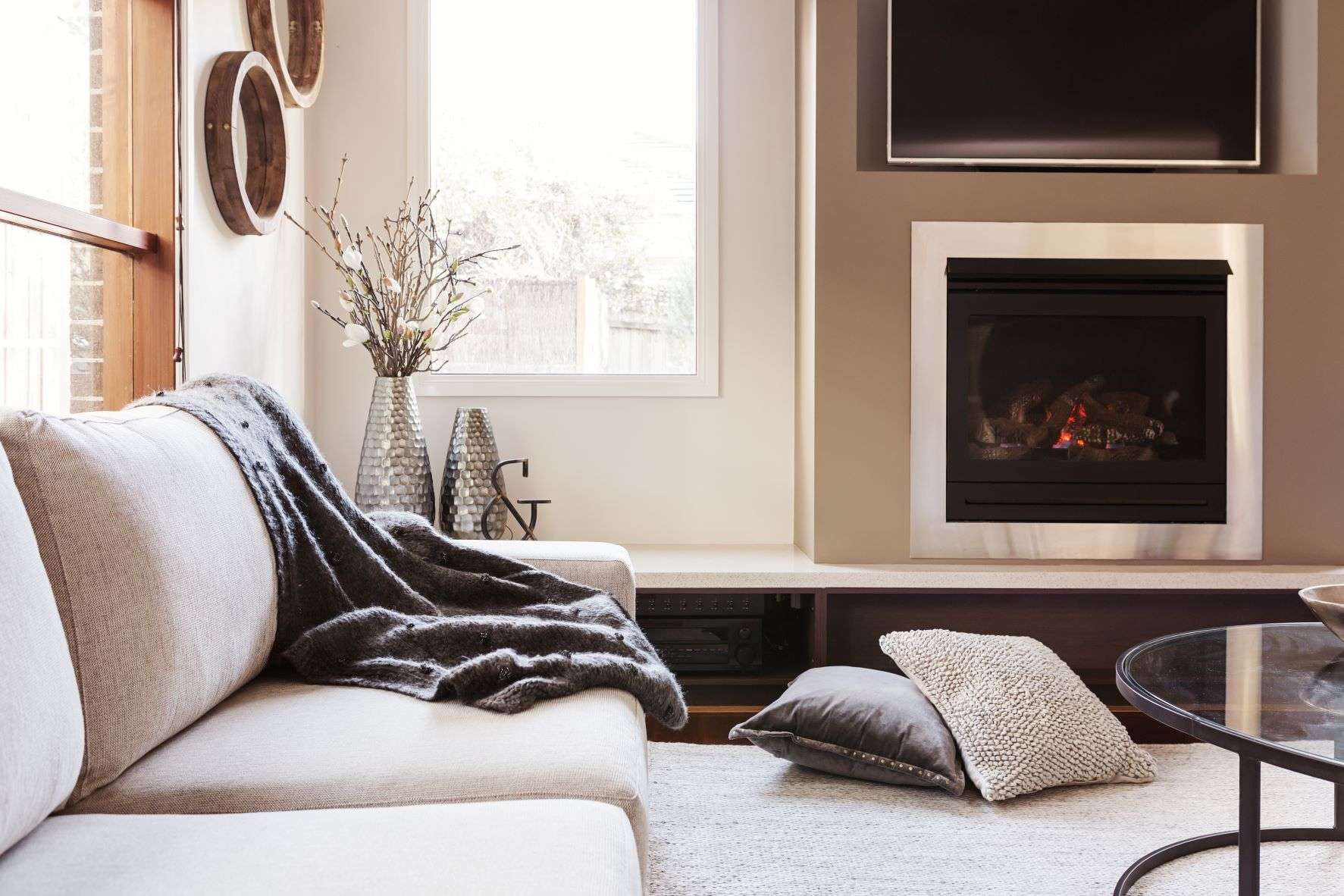
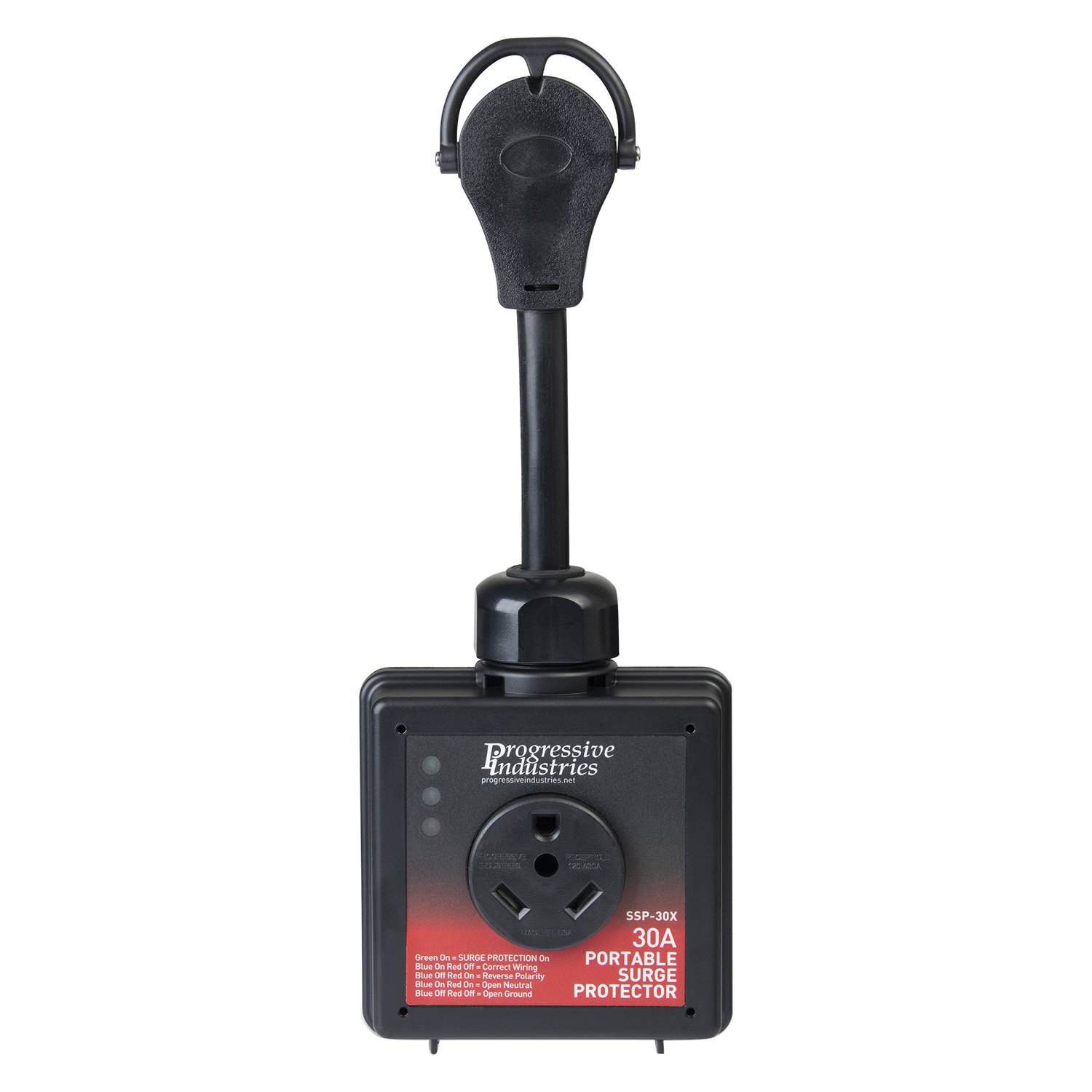
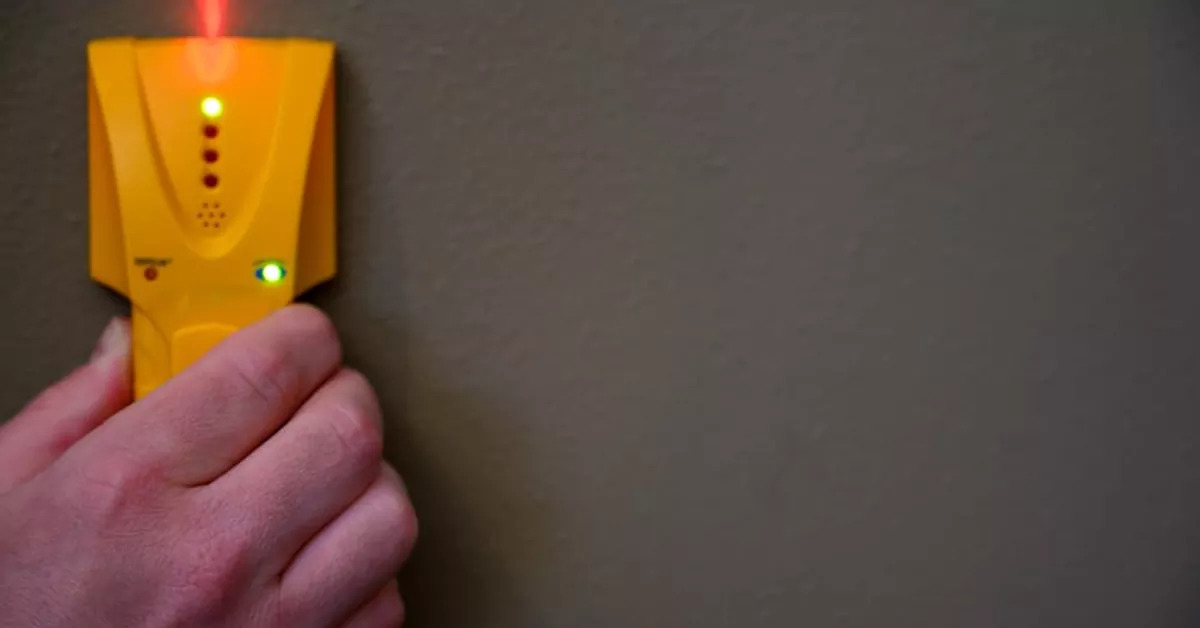
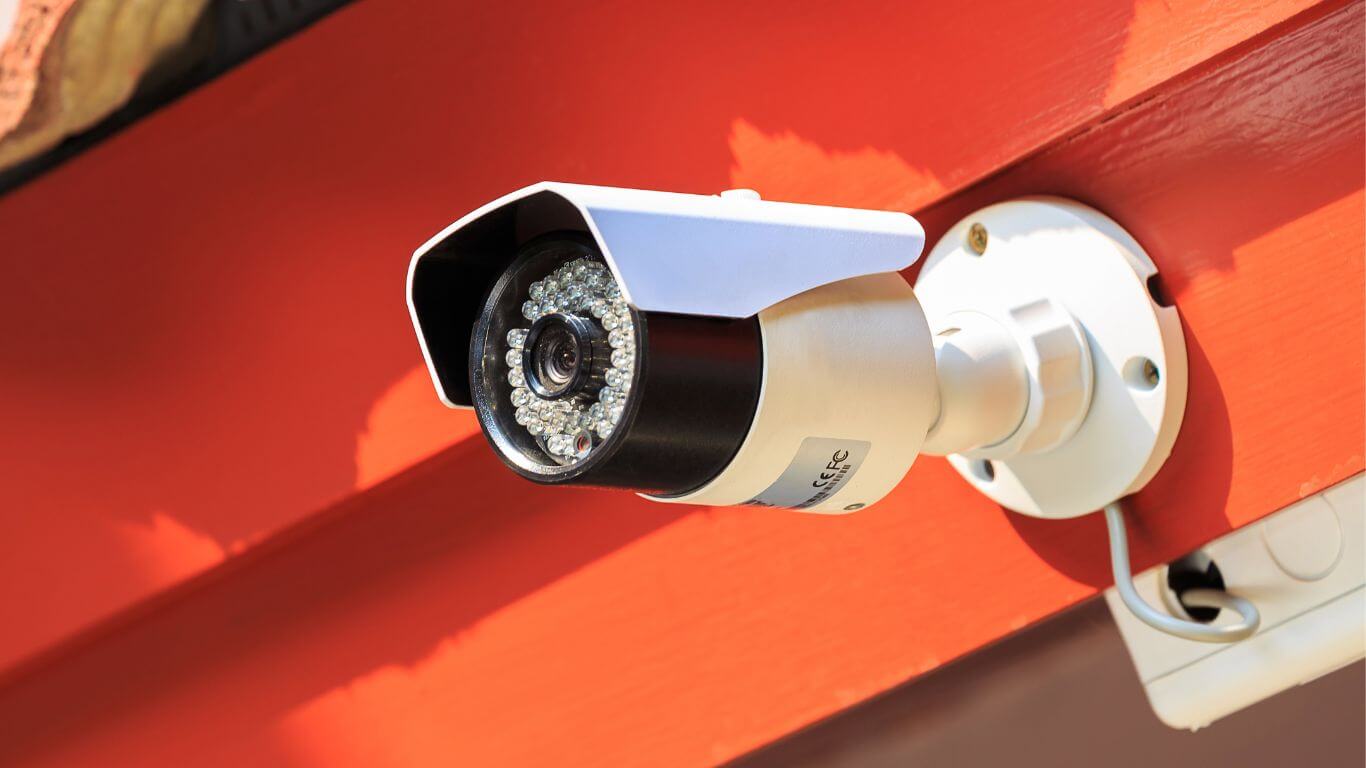


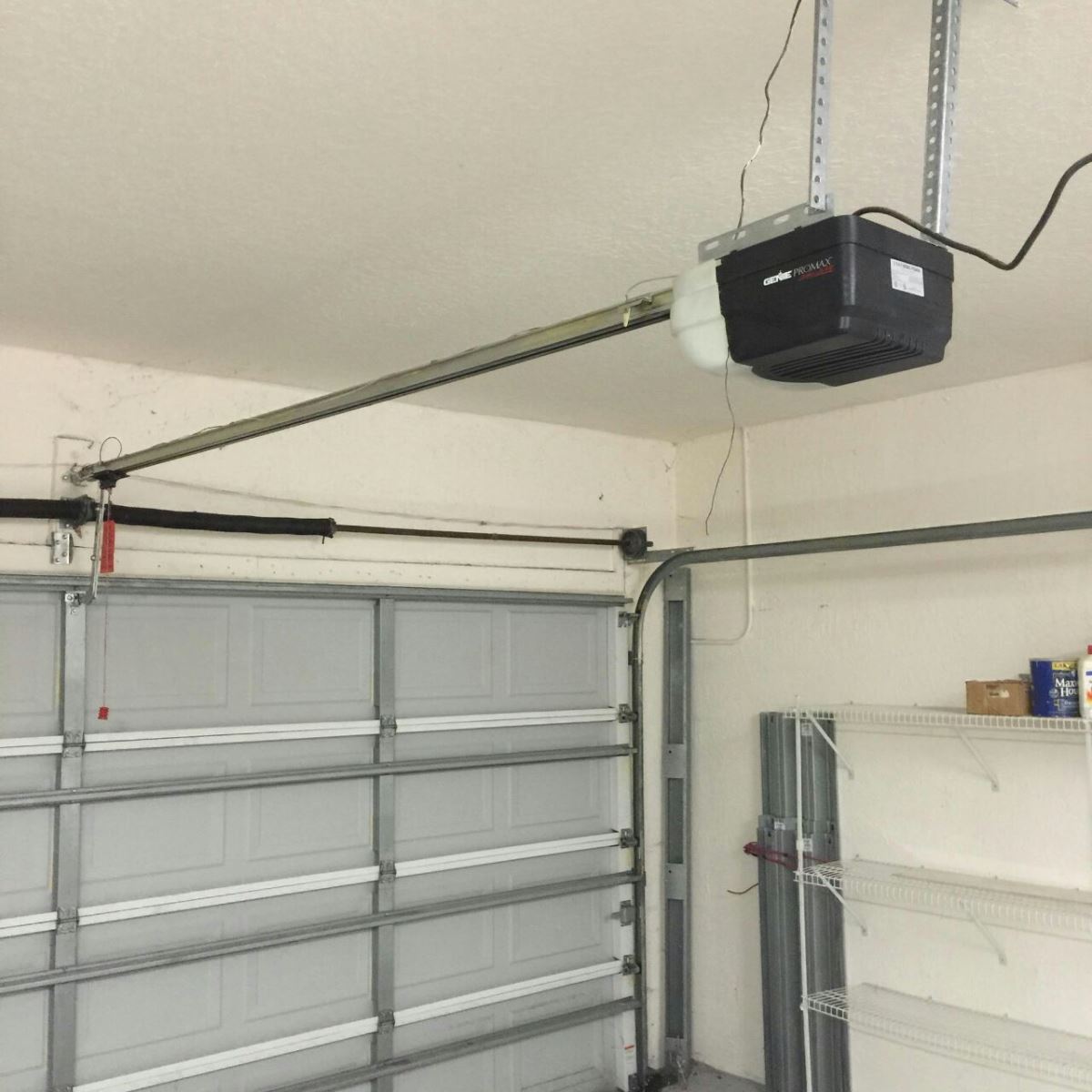


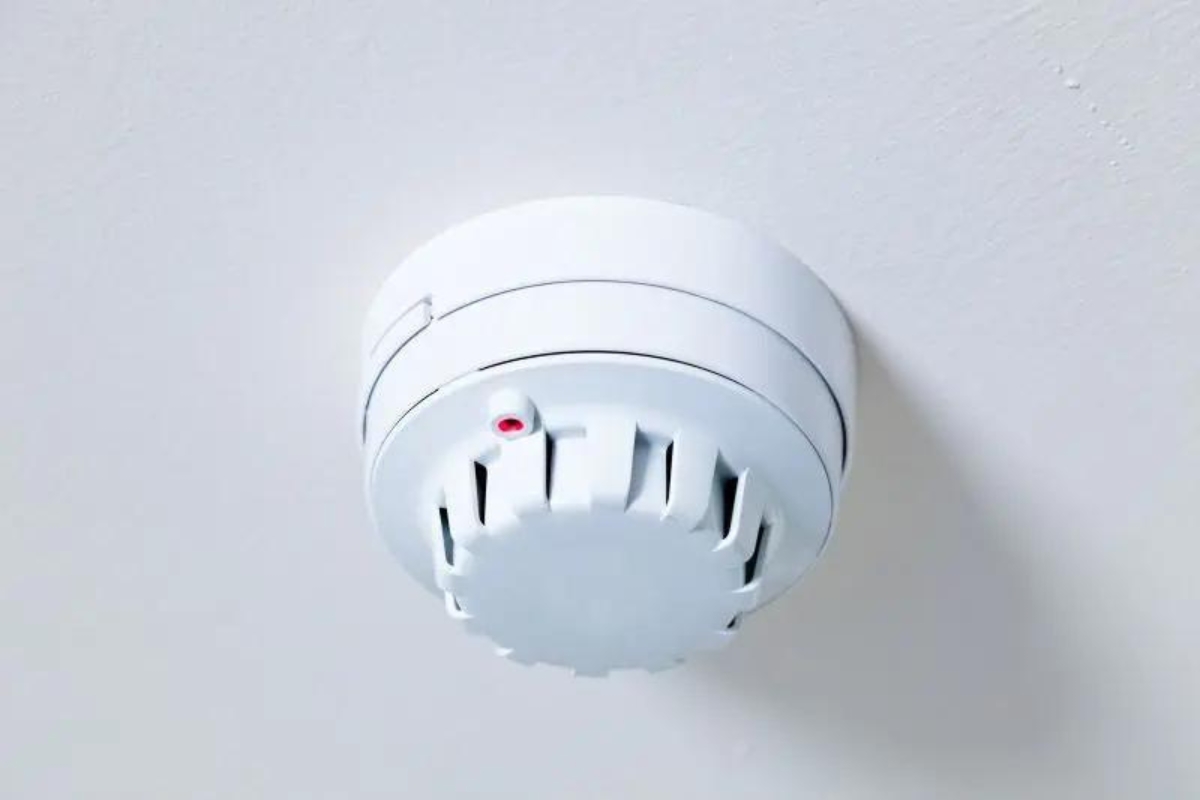

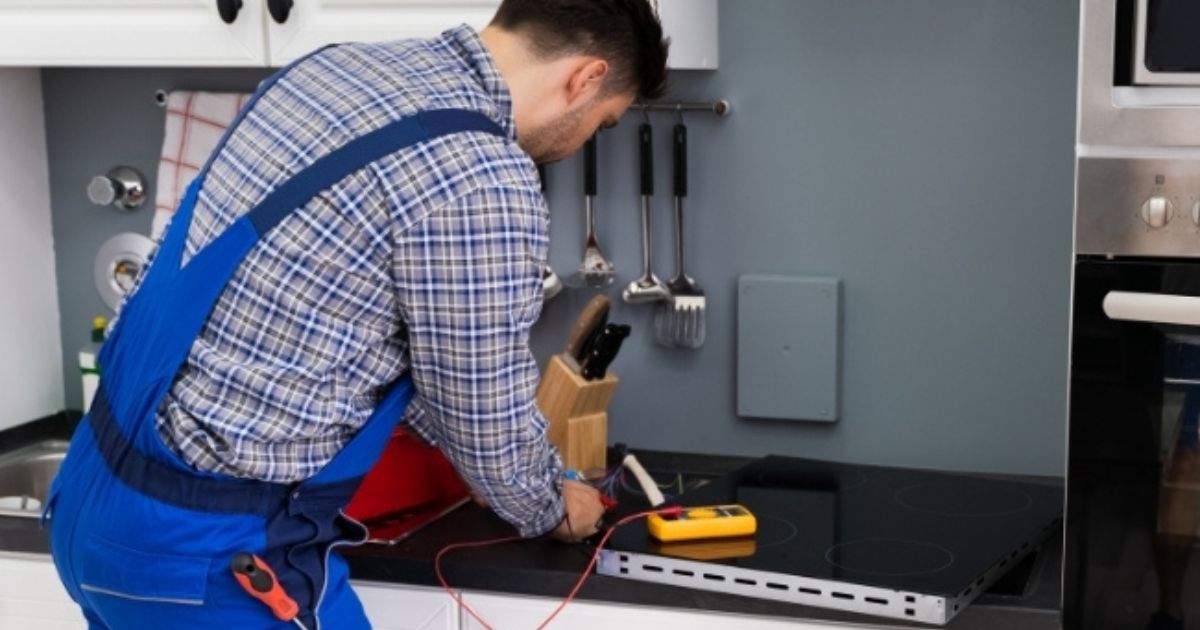

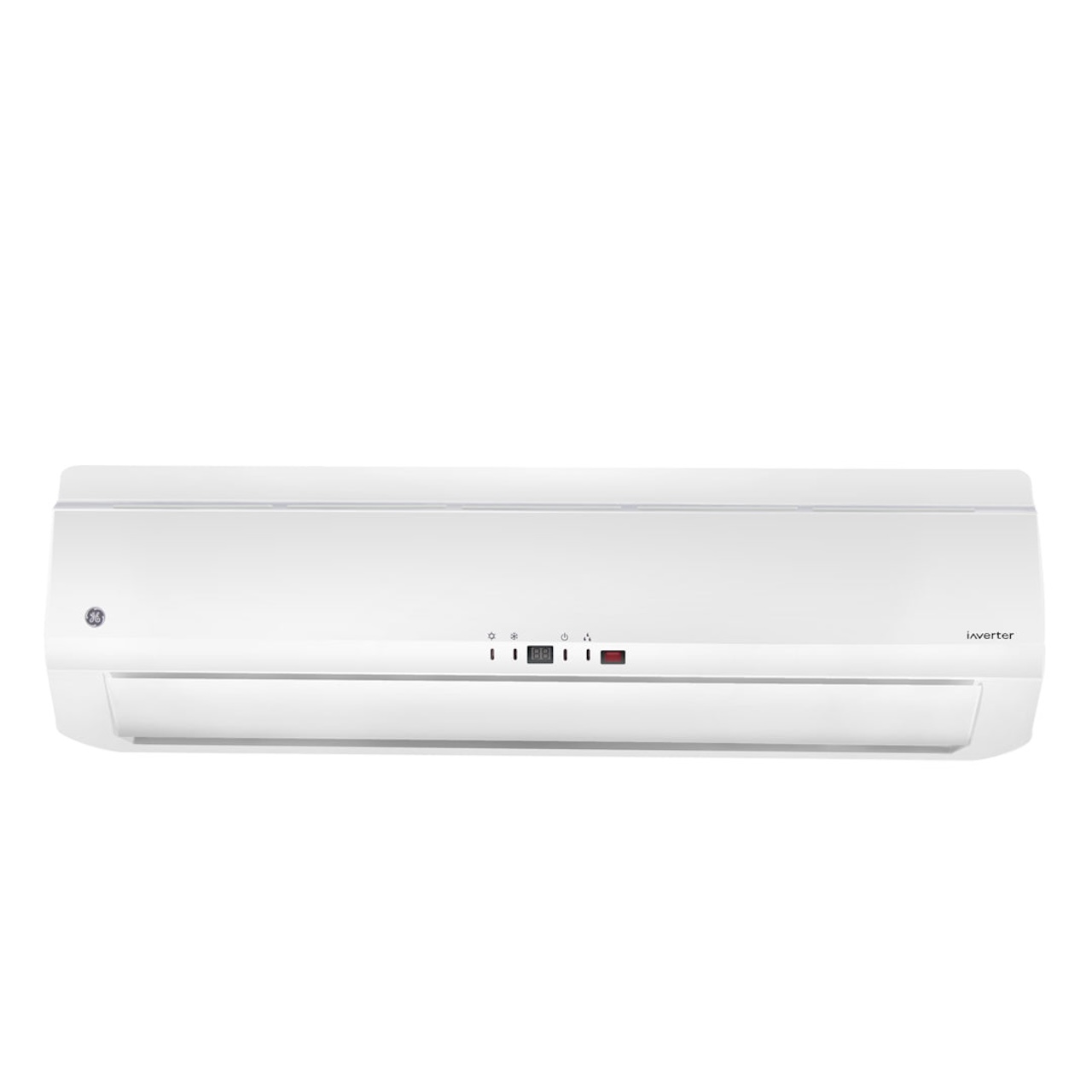

0 thoughts on “Why Is My Gas Fireplace Beeping”